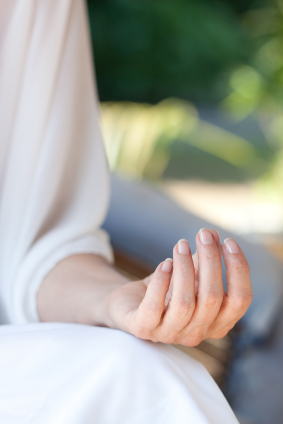 Stress, Anxiety, Depression, Insomnia
Stress, Anxiety, Depression, Insomnia
Stress
Up to half a million people in the UK experience work- related stress every year, which often results in illness. (Health and Safety Executive 2011) Other factors that affect stress levels include alcohol, smoking, exams, pregnancy, divorce, moving, death in family, lifestyle, drugs, poor nutrition and unemployment.
Anxiety
Anxiety disorders include generalised anxiety disorder, panic disorder, phobias, obsessive compulsive disorder (OCD) and post traumatic stress disorder (NICE 2007; Clinical Evidence 2007). As well as emotional symptoms such as worry, disturbed sleep, irritability and poor concentration, anxiety can cause physical symptoms such as sweating, nausea, diarrhoea, dry mouth, palpitations, shortness of breath, dizziness, cold hands, muscle tension and aches, trembling and twitching (American Psychiatric Association, 2000; WHO 2007).
Depression
Depression is a common mental health problem that affects people of all genders, ages, and backgrounds. About two thirds of adults will at some time experience depression severe enough to interfere with their normal activities (Mintel/YouGov, 2006, Stewart et al, 2004).
Acupuncture for mental – emotional conditions
One of the ancient TCM texts, the Nei Jing cites that seven basic emotions affect a person. They are elation, worry, sadness & grief, fear & fright, and anger. All of the emotional qualities are normal and show in healthy persons but when an emotion continues to be excessive or insufficient over a prolonged period, or when it arises very suddenly with great force, it can then generate imbalance and illness.
Interestingly, the seven emotions are thought to be associated with the five Chinese Organ systems: elation with the Heart, worry with the Spleen, sadness & grief with the Lungs, fear & fright with the Kidneys and anger with the Liver. Disharmony in one of these Organ systems tend to generate imbalance in the associated emotion and vice versa.
Even if two persons are suffering from seemingly the same condition, let’s say, anxiety, the disharmony may manifest in different ways with the different causes between the two. In acupuncture treatment, a person as a whole will be looked at, and the diagnosis is made. Based on that, a suitable treatment protocol is decided.
Research has shown that acupuncture treatment may benefit anxiety, stress, and depression:
- Reversing stress-induced changes in behaviour and biochemistry (Kim 2009).
- Regulating levels of neurotransmitters (or their modulators) and hormones such as serotonin, noradrenaline, dopamine, GABA, neuropeptide Y and ACTH; hence altering the brain’s mood chemistry to help to combat negative affective states (Lee 2009; Samuels 2008; Zhou 2008; Yuan 2007).
- Stimulating production of endogenous opioids that affect the autonomic nervous system (Arranz 2007). Stress activates the sympathetic nervous system, while acupuncture can activate the opposing parasympathetic nervous system, which initiates the relaxation response.
- Studies indicate that acupuncture can have a specific positive effect on depression by altering the brain’s mood chemistry, increasing production of serotonin (Sprott 1998) and endorphins (Wang 2010).
- Acupuncture can be safely combined with conventional medical treatments such as anti-depressants, helping to reduce their side effects and enhance their beneficial effects (Zhang 2007).
Please click here (stress), here (anxiety), and here (depression) for more information.
If you need to know more about my services or book an appointment contact me.
